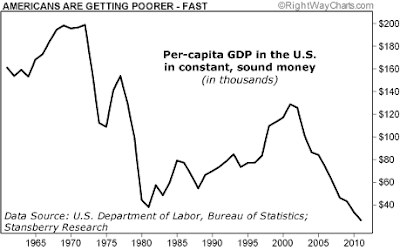The Founding Fathers envisioned government involvement with commerce.
'The general view, discernible in contemporaneous literature, was that the responsibility of government should involve enough surveillance over the enterprise system to ensure the social usefulness of all economic activity. It is quite proper, said Bordley, for individuals to choose for themselves how they will apply their labor and their intelligence in production. But it does not follow from this that legislators and men of influence are freed from all responsibility for giving direction to the course of national economic development. They must, for instance, discountenance the production of unnecessary commodities of luxury when common sense indicates the need for food and other essentials. Lawmakers can fulfill their functions properly only when they become benefactors to the publick; in new countries they must safeguard agriculture and commerce, encourage immigration, and promote manufactures. Admittedly, liberty is one of the most important blessings which men possess, but the idea that liberty is synonymous with complete freedom from restraint is a most unwise, mistaken apprehension. True liberty demands a system of legislation that will lead all members of society to unite their exertions for the public welfare. It should therefore be the policy of government to aid and foster certain activities or kinds of business that strengthen a nation, even as it should be the duty of government to repress those fashions, habits, and practices, which tend to weaken, impoverish, and corrupt the people.
From; Johnson, E.A.J.-The Foundations of American Economic Freedom: Government and Enterprise in the Age of Washington
Actually the economic system at the founding was capitalist. The commerce clause was designed to encourage it by promoting free trade among the states which had broken down under the Articles. There was nothing in their writings or in the actions after their Constitution was adopted to suggested otherwise. Our founders were not socialists.
"Having examined every appearance of the word "commerce" in the records of the Constitutional Convention, the ratification debates, and the Federalist Papers, Professor Barnett finds no surviving example of this term being used in this broader sense. In every appearance where the context suggests a specific usage, the narrow meaning is always employed. "
I used the word "commerce" as part of my input to the discussion.
Also, did I use the term socialism to describe the type of environment the Founding Fathers wanted for the new nation? No.
What, what the Founding Father did envision was a fettered capitalistic system promoted by the government and the government was to stop actions within the system that were detrimental to society.


